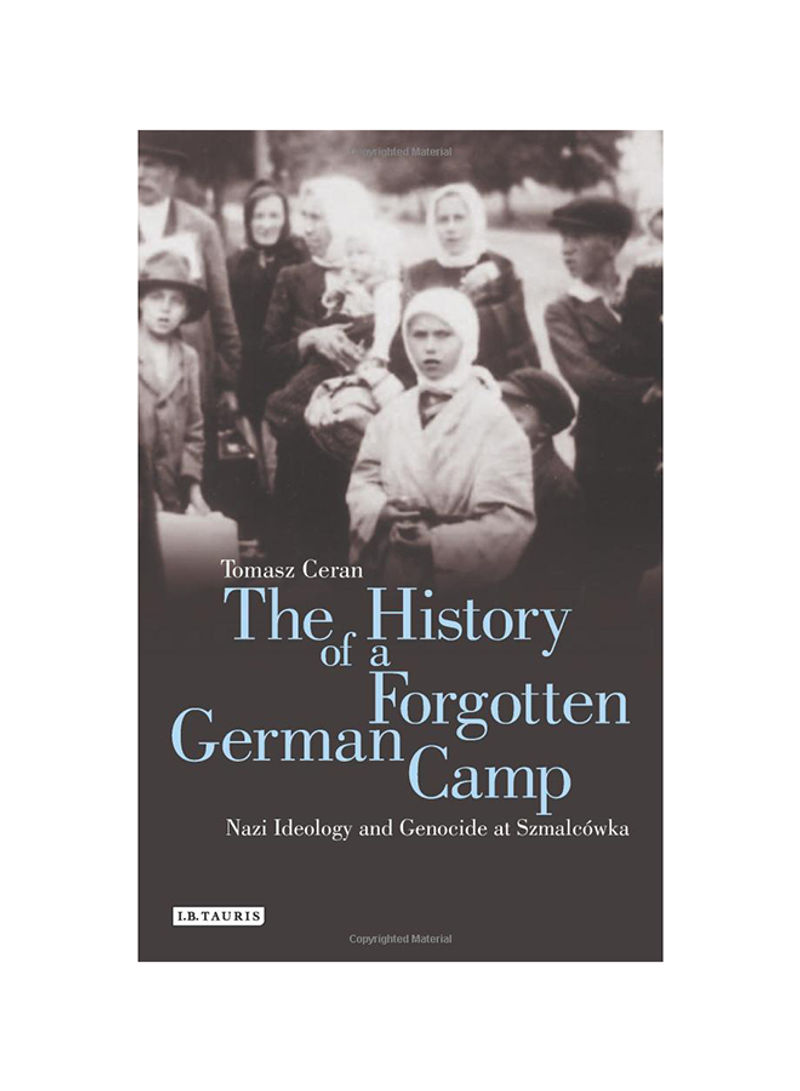The History Of A Forgotten German Camp: Nazi Ideology And Genocide At Szmalcowka Hardcover
Recommend
Sort by
Rating
Date
Specifications
Author 1
Tomasz Ceran
Book Description
Although often overlooked, anti-Polish sentiment was central to Nazi ideology. At the outset of World War II, Hitler initiated a process of 'depolonization' (Entpolonisierung) which resulted in the death or displacement of a significant number of Polish people living in Nazi-occupied territories. By examining policies of indirect extermination through a detailed study of Szmalcowka, a 'displacement' camp located in Toru? in Reichsgau Danzig-West Prussia, Tomasz Ceran explores the terrible consequences of Nazi ideology. He provides both an in-depth historical account of a little-known camp and an important analysis of Nazi practices and policy-making in the Polish territories which were annexed. A strong addition to World War II literature, Ceran's book is essential reading for scholars and students interested in World War II, Polish History, Nazi ideology and the nature of violence and resilience.
ISBN-10
1780768869
ISBN-13
9.78178E+12
Language
English
Publisher
I.B.Tauris and Co. Ltd.
Publication Date
1/14/2015
Number of Pages
256
About the Author
Tomasz Ceran is a Polish historian who works for the education branch of the Institute of National Remembrance, Poland. He holds a PhD from Nicholas Copernicus University, Torun, where he also teaches.
Editorial Review
Much has been written and is well known about the horrors of the Warsaw ghetto and the Auschwitz death camp. Tomasz Ceran breaks entirely new ground with this first account of a labour camp in Torun that tells us much about the Nazi mind-set and reveals in tragic detail the casual de-humanization and indirect extermination of ordinary Polish civilians.' -Harry T. Dickinson, Emeritus Professor of History, University of Edinburgh 'This is a fine book. After painstakingly combing available archival sources in regional Polish archives, the author has succeeded in producing a carefully constructed, focused history of one overlooked detention camp in Nazi-occupied Polish Pomerania. The book makes an important contribution to our understanding of this little-known site and skilfully portrays its significance in the wider context of the wartime German policy of ethnic cleansing, racial sorting, colonization, outright plunder and killing.' - Gordon Horwitz, Associate Professor of History, Illinois Wesleyan University



